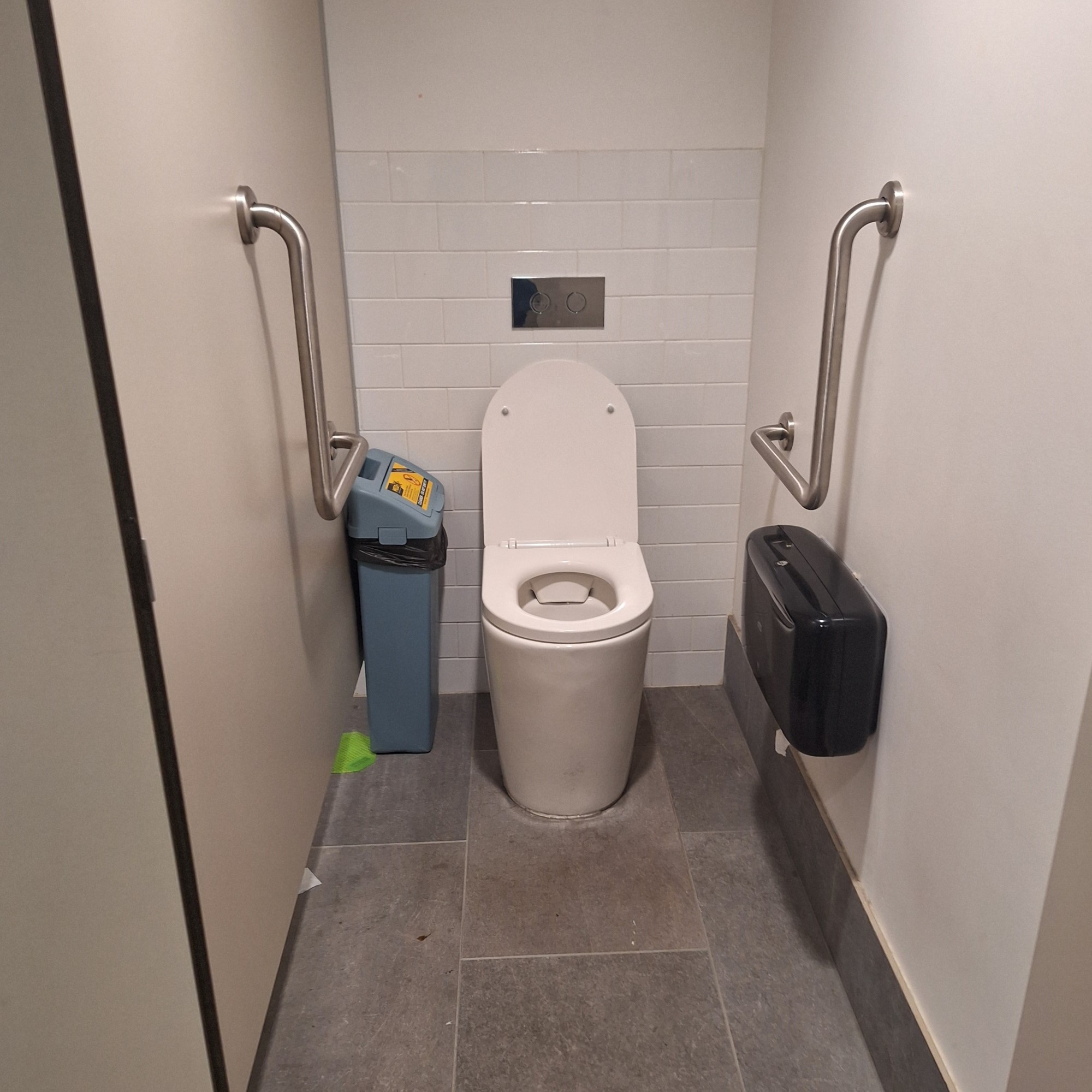What other spaces are available or could be designed that fulfill some of the main needs students use toilets and bathrooms for (such as self-regulation, privacy, social reset)?
How might provision of alternative spaces for these functions support student access and use to toilets for the primary function for which they are designed?
How does the location of common congregation areas influence the use of the toilet/bathroom area for reasons other than its functional purpose?
Do handbasins and mirrors in the cubicles help or hinder?
Can loss of retreat be designed out?
What should happen in toilets and what should happen elsewhere?
How are the purposes the toilets are used for influenced by where they are located?
